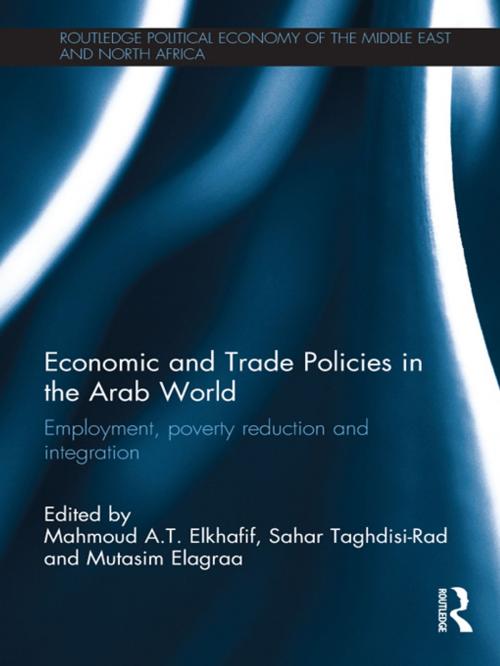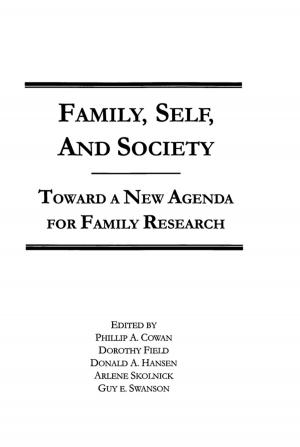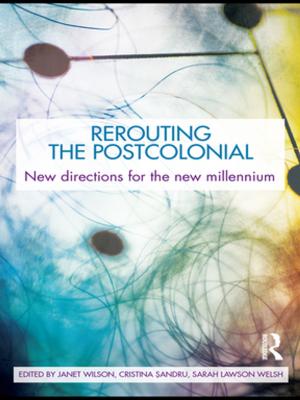Economic and Trade Policies in the Arab World
Employment, Poverty Reduction and Integration
Nonfiction, Social & Cultural Studies, Social Science, Cultural Studies, Ethnic Studies| Author: | ISBN: | 9781136324260 | |
| Publisher: | Taylor and Francis | Publication: | May 4, 2012 |
| Imprint: | Routledge | Language: | English |
| Author: | |
| ISBN: | 9781136324260 |
| Publisher: | Taylor and Francis |
| Publication: | May 4, 2012 |
| Imprint: | Routledge |
| Language: | English |
The Arab Spring and recent popular uprisings that have taken place in many Arab countries since the end of 2010 highlight the urgent need for economic policy reorientation in these countries. This book addresses key issues relevant to the contemporary economic realities of the Arab economies; including policy space, generation of more productive and decent employment, social justice and poverty alleviation, regional integration and the common destiny of the Arab people, and the failure of the structural adjustment programs recommended by the Bretton Woods institutions and implemented in these countries in the last three decades.
The volume explores, and makes recommendations, for deep pan Arab regional integration and alternative pro-poor, growth-oriented economic and trade policies capable of promoting social justice by reducing the incidence of poverty. It highlights the ways in which various types of economic and trade policies have affected the levels of employment and poverty in five Arab countries: Egypt, Jordan, Morocco, the occupied Palestinian territory and Sudan. Using a mixture of qualitative and quantitative methodologies, the book focuses on Arab trade integration, exploring the obstacles to its implementation in the past, as well as its potentials as a source of employment generation and enhancement of living conditions. The book also addresses the construction, interpretation and use of quantitative trade indicators for optimal policy choice at both the domestic and regional levels.
The Arab Spring and recent popular uprisings that have taken place in many Arab countries since the end of 2010 highlight the urgent need for economic policy reorientation in these countries. This book addresses key issues relevant to the contemporary economic realities of the Arab economies; including policy space, generation of more productive and decent employment, social justice and poverty alleviation, regional integration and the common destiny of the Arab people, and the failure of the structural adjustment programs recommended by the Bretton Woods institutions and implemented in these countries in the last three decades.
The volume explores, and makes recommendations, for deep pan Arab regional integration and alternative pro-poor, growth-oriented economic and trade policies capable of promoting social justice by reducing the incidence of poverty. It highlights the ways in which various types of economic and trade policies have affected the levels of employment and poverty in five Arab countries: Egypt, Jordan, Morocco, the occupied Palestinian territory and Sudan. Using a mixture of qualitative and quantitative methodologies, the book focuses on Arab trade integration, exploring the obstacles to its implementation in the past, as well as its potentials as a source of employment generation and enhancement of living conditions. The book also addresses the construction, interpretation and use of quantitative trade indicators for optimal policy choice at both the domestic and regional levels.















